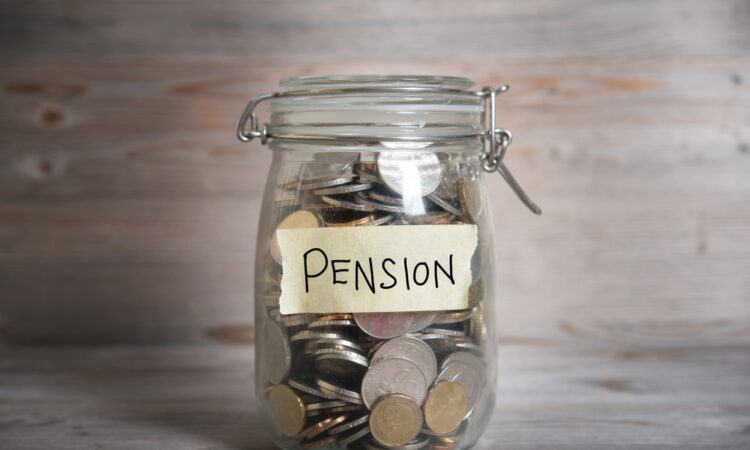
A well-designed UK collective defined contribution (CDC) scheme would have weathered the market disruption of 2021 and 2022 without the need to cut member’s benefits, Aon has said.
This conclusion was reached after updating Collective DC in adverse markets, Aon’s analysis from 2020, which assessed how CDC schemes would have fared over the past 90 years of economic rise and fall.
Aon partner and head of CDC, Chintan Gandhi, commented: “Based on the experience of 2022, a CDC scheme was expected to provide an increase of over 9 per cent to members’ target pensions. That’s not quite matching the prevailing rate of inflation, but not far off.
He continued: “The nature of a CDC scheme means that members’ target pension increases can be adjusted to reflect positive and negative experience over a period of years. This means that the impact of market movements – in either direction – are shared between members and then smoothed over time.
“By contrast, defined benefit (DB) pension schemes generally provide guaranteed increases to members’ benefits – although many apply a cap to increases. For example, this can be of 2.5 per cent or 5 per cent each year depending on the scheme’s rules and/or when members accrued their service.”
Ghandi additionally detailed that, given that CDC schemes are expected to hold a significant proportion of growth assets, it’s likely that CDC schemes would not have invested in a way that led to the liquidity pressure seen in many closed DB schemes during 2022.
Adding to this, Aon associate partner and collective DC specialist, Madalena Cain, pointed out that the analysis showed that DC pension pots would have struggled to see returns matching the level of inflation this year.
“For DC savers invested in bond-based strategies approaching retirement, rising yields have led to a fall in their DC pot,” she stated.
“For the 10 per cent of these savers who typically buy an annuity at retirement, they may still be able to secure broadly the same level of retirement income as before, given annuity pricing moves in the opposite direction to rising yields.”
However, Cain warned that the majority of those retiring exclusively with a DC pension pot would be likely to face the very real challenge of retiring on less than they expected or having to work longer.






